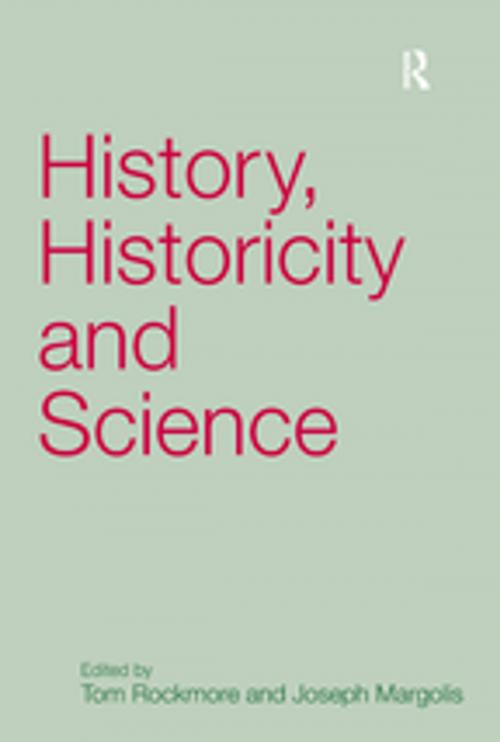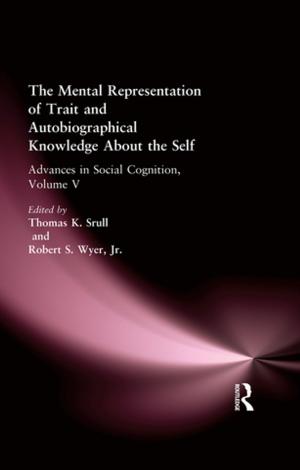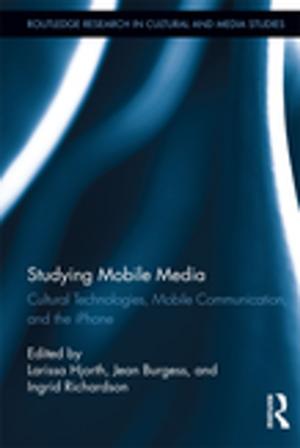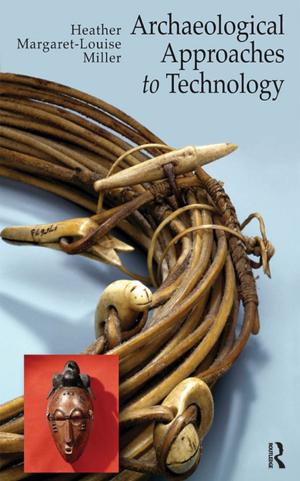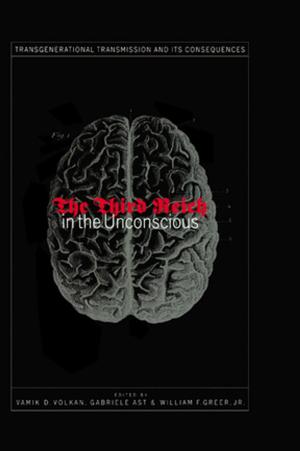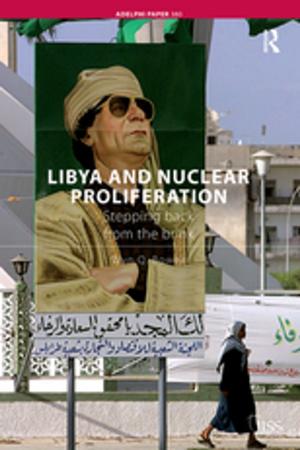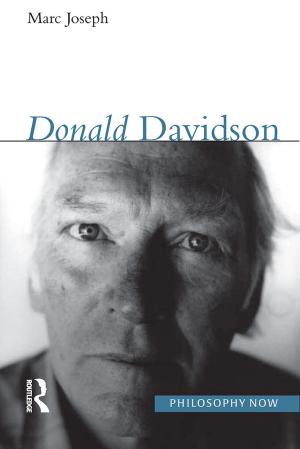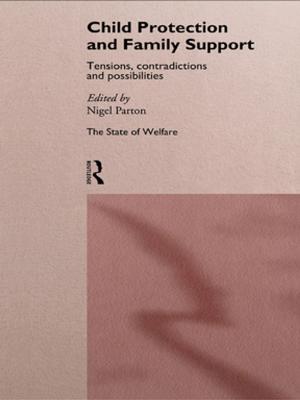| Author: | Joseph Margolis | ISBN: | 9781351930581 |
| Publisher: | Taylor and Francis | Publication: | December 5, 2016 |
| Imprint: | Routledge | Language: | English |
| Author: | Joseph Margolis |
| ISBN: | 9781351930581 |
| Publisher: | Taylor and Francis |
| Publication: | December 5, 2016 |
| Imprint: | Routledge |
| Language: | English |
This fresh collection of essays questions how the historical process affects our conception of science, including our understanding of its validity as well as our general conception of knowledge. The essays in this book consider the philosophical labours spanning the work of Descartes, Kant and Hegel, still the philosophical basis of our modern understanding of science, as well as recent selected philosophers and historians of science such as Kuhn and Feyerbend. Themes raised include the philosophical basis for the validity of science, the possibility of ever knowing the independent world as it truly is, and the intelligibility of construing scientific knowledge as a historical. Taken separately and together, these essays provide a sustained analysis of scientific claims to objective standing, the historicity of thought and inquiry. They point toward unfinished philosophical business and the need for a new beginning.
This fresh collection of essays questions how the historical process affects our conception of science, including our understanding of its validity as well as our general conception of knowledge. The essays in this book consider the philosophical labours spanning the work of Descartes, Kant and Hegel, still the philosophical basis of our modern understanding of science, as well as recent selected philosophers and historians of science such as Kuhn and Feyerbend. Themes raised include the philosophical basis for the validity of science, the possibility of ever knowing the independent world as it truly is, and the intelligibility of construing scientific knowledge as a historical. Taken separately and together, these essays provide a sustained analysis of scientific claims to objective standing, the historicity of thought and inquiry. They point toward unfinished philosophical business and the need for a new beginning.
